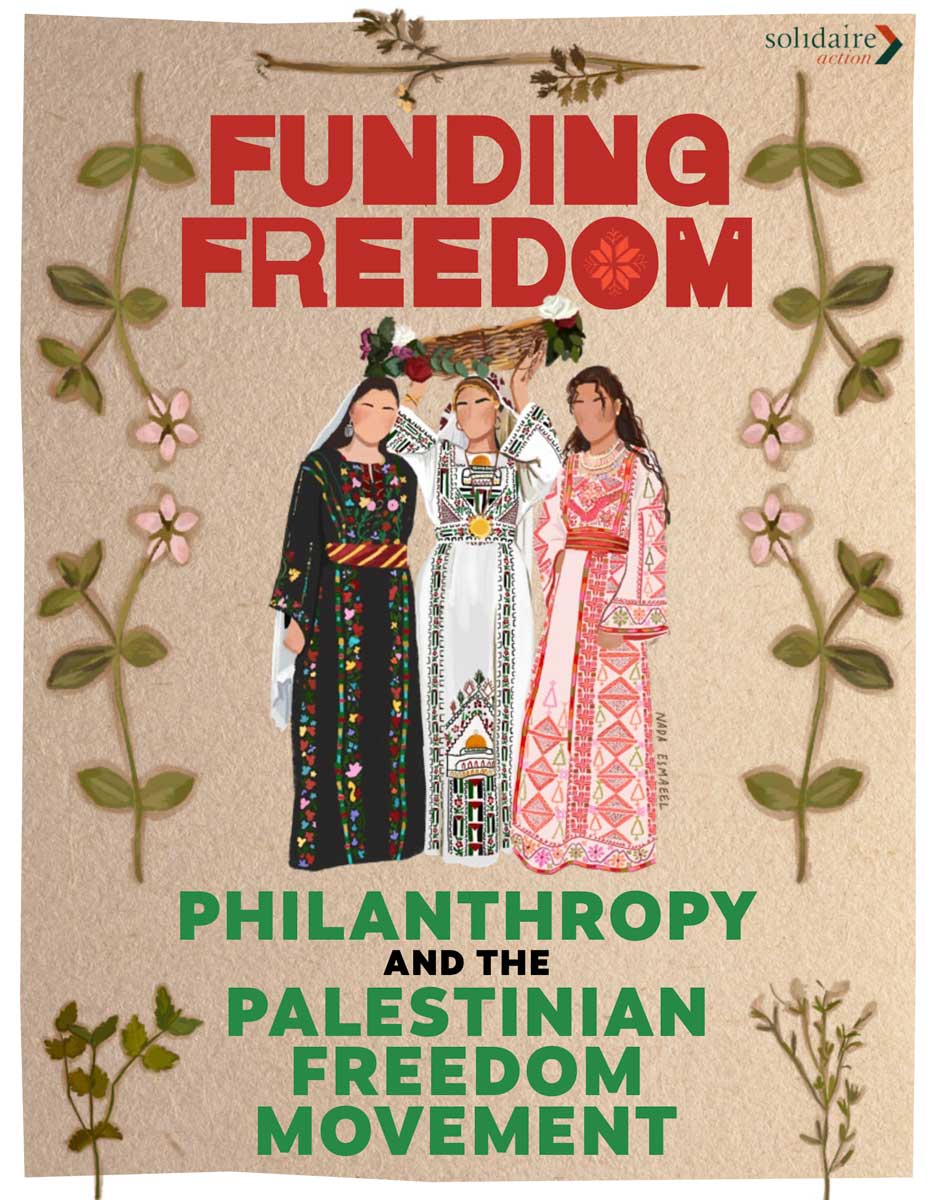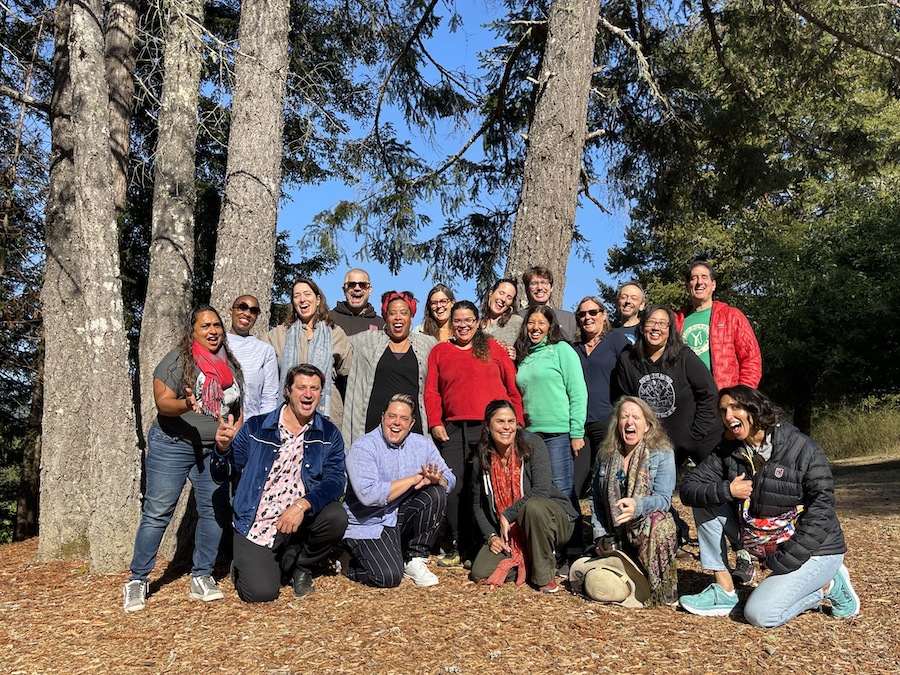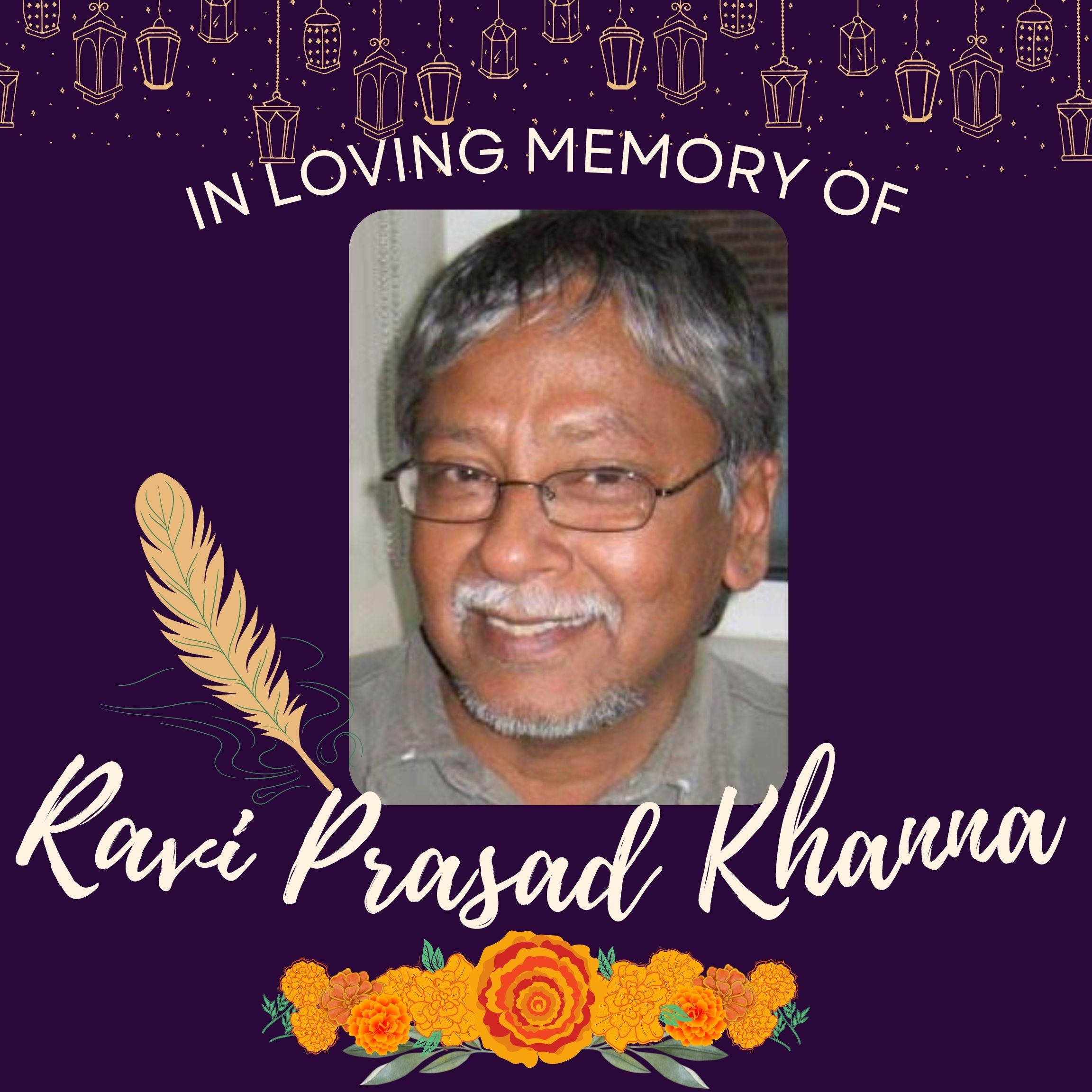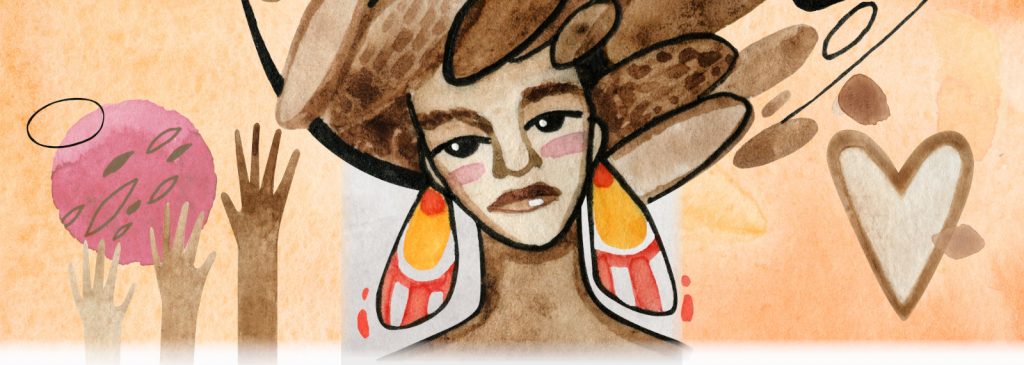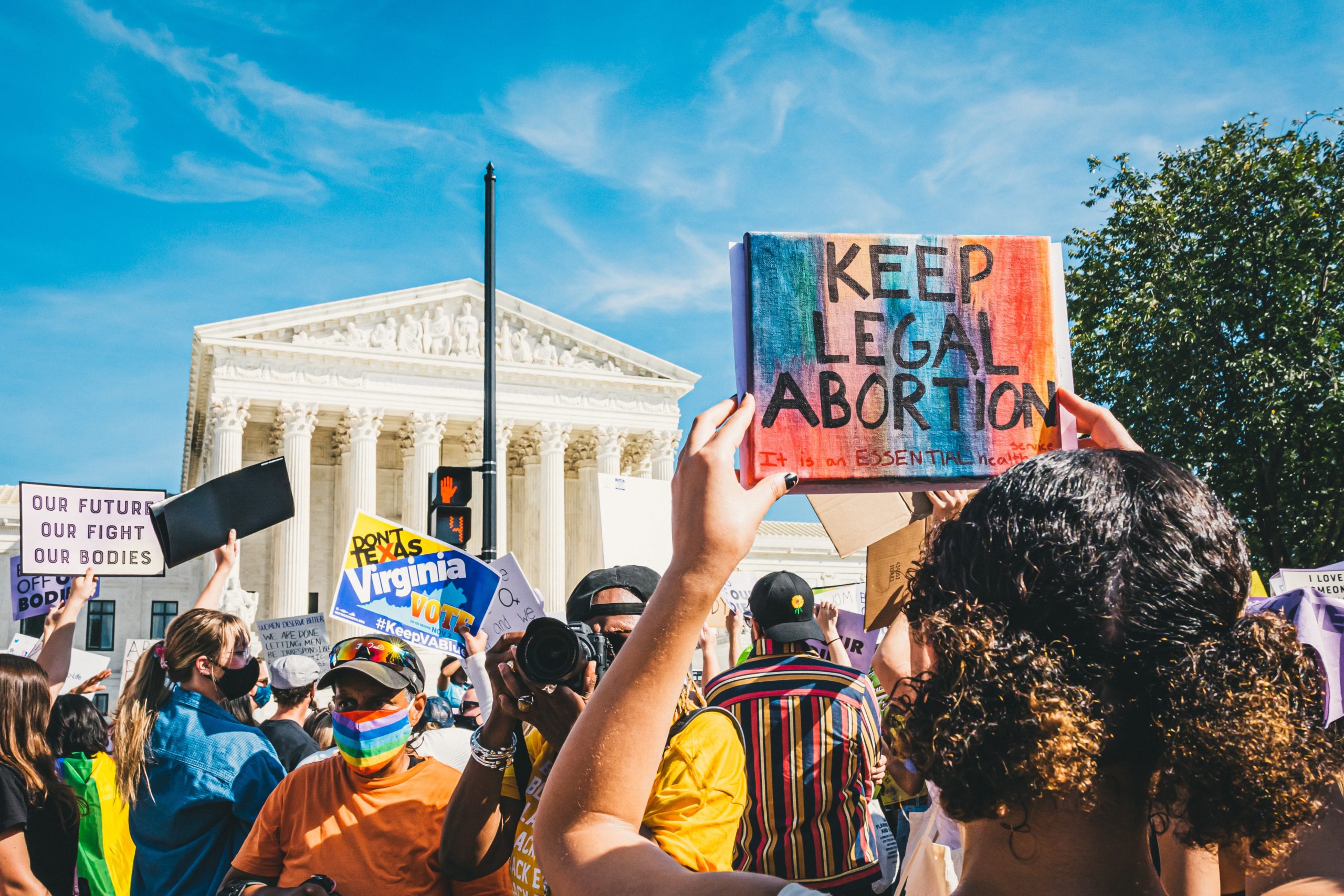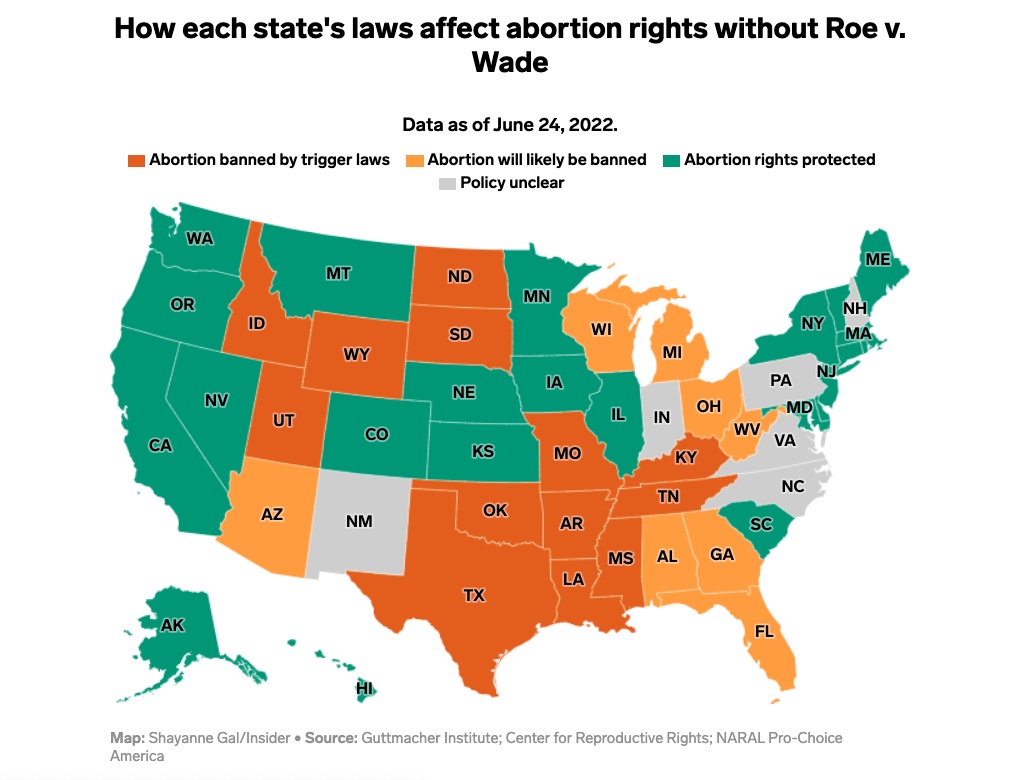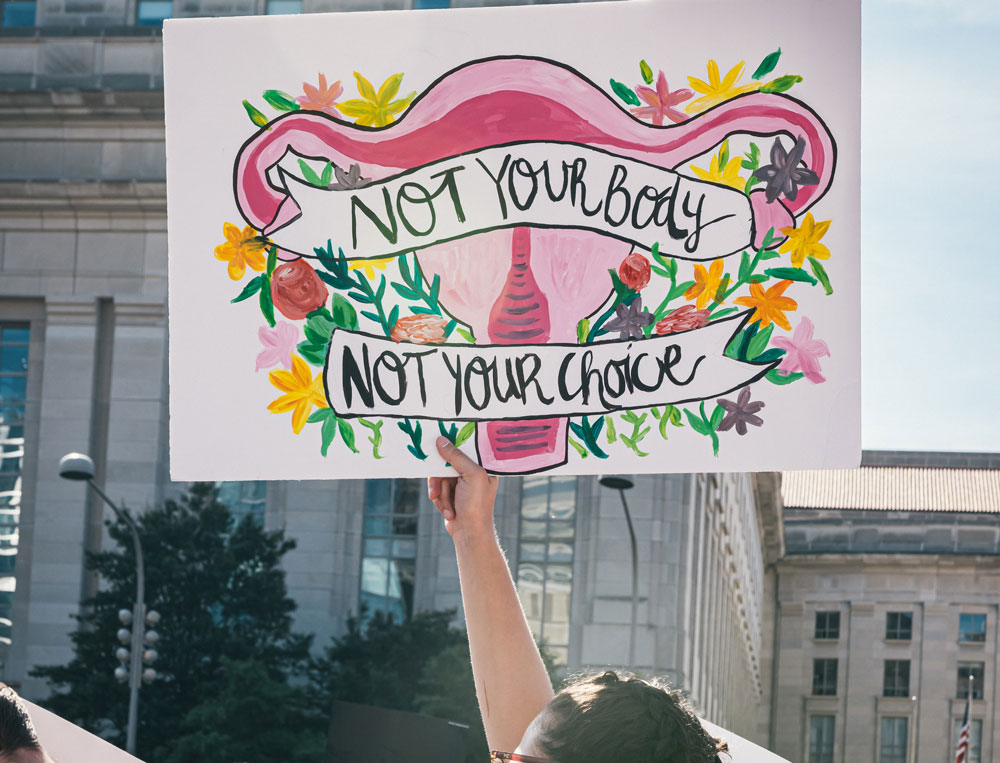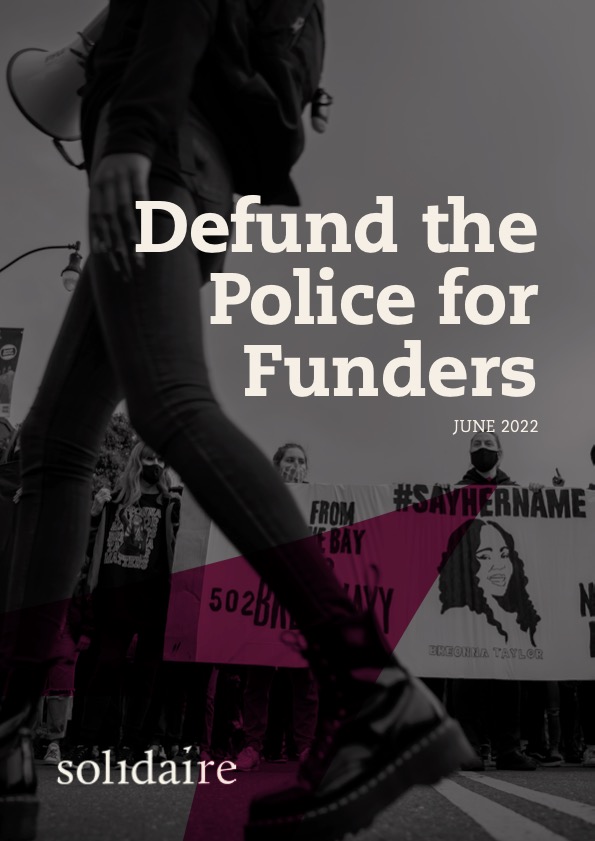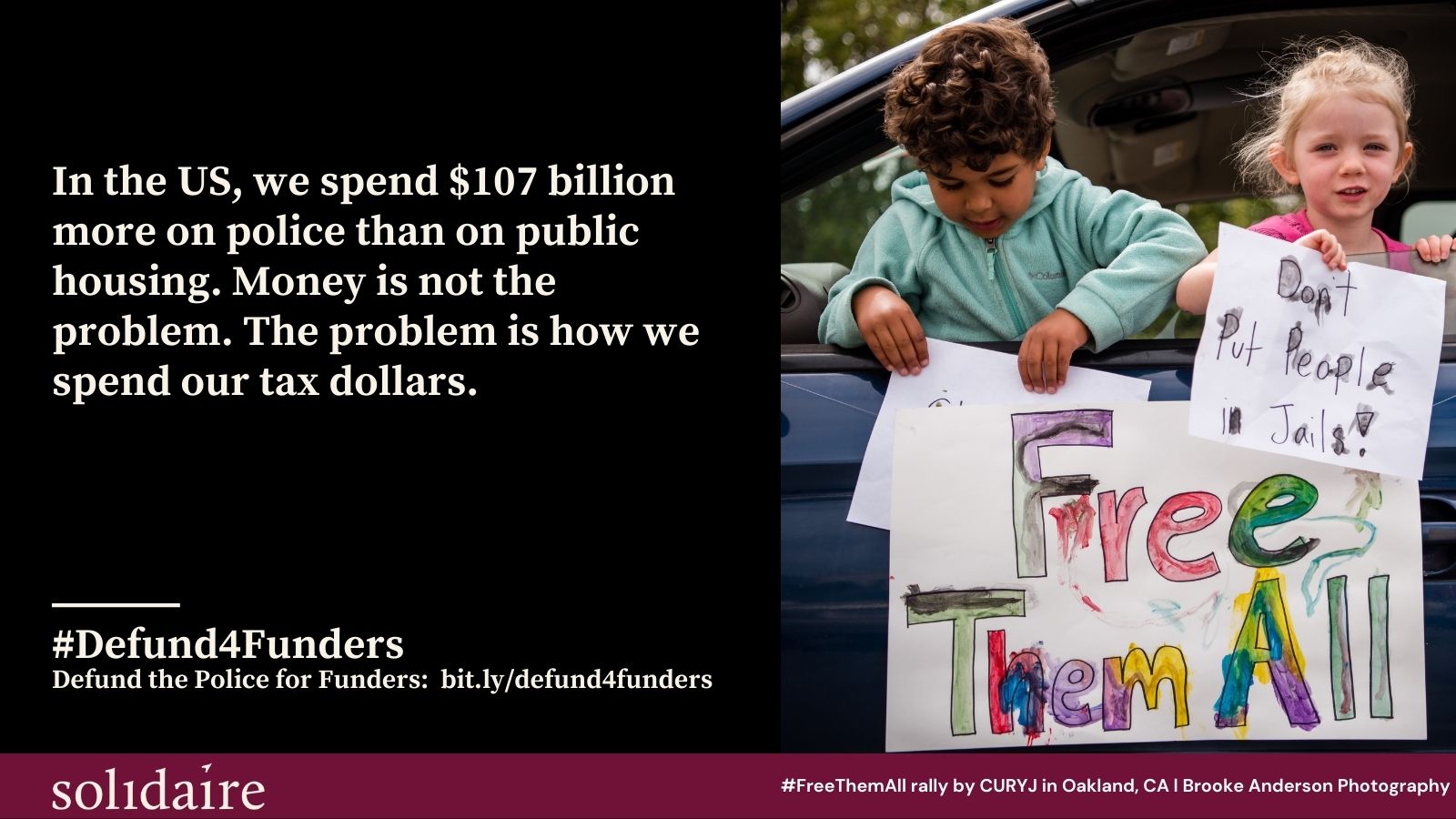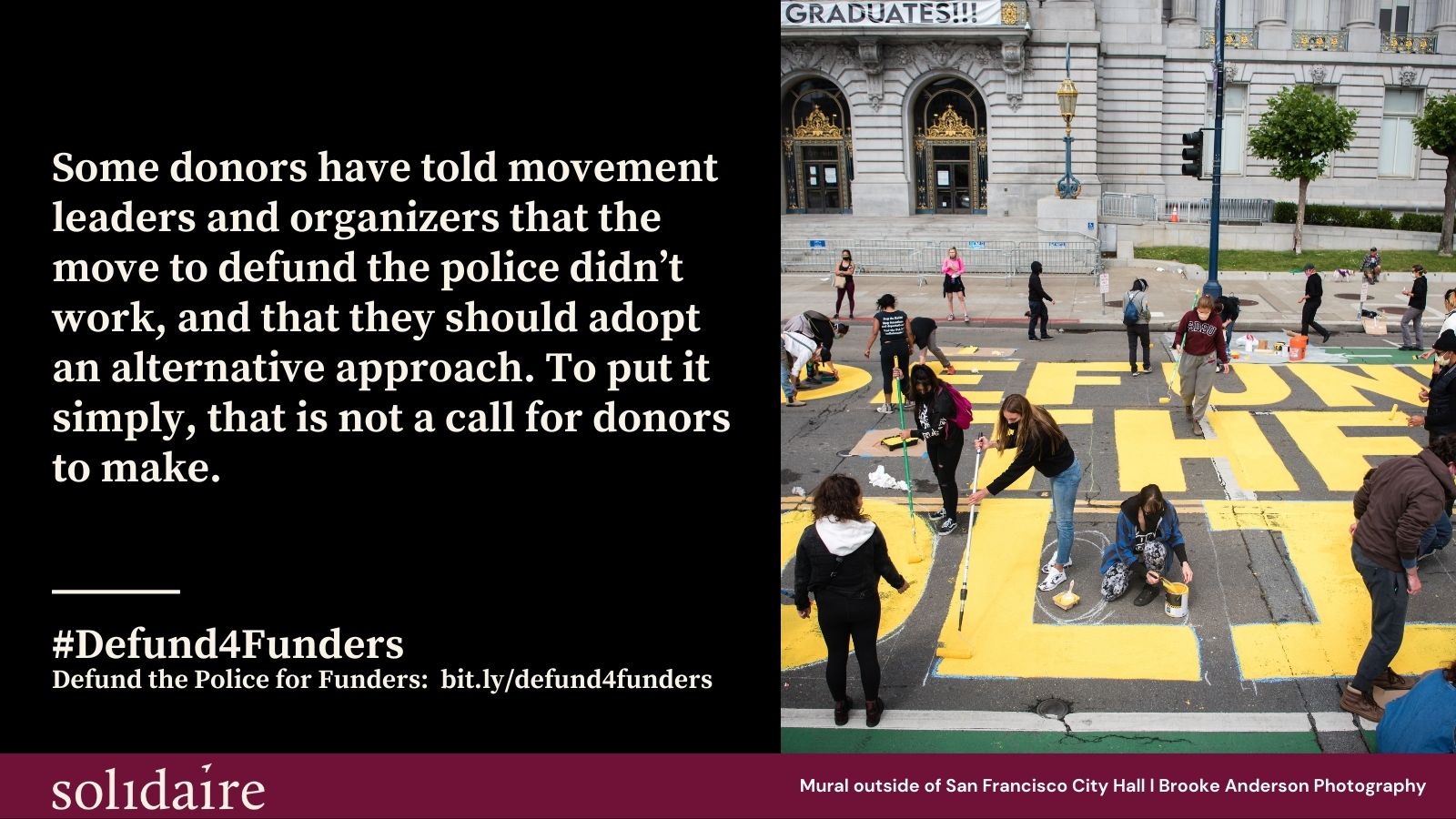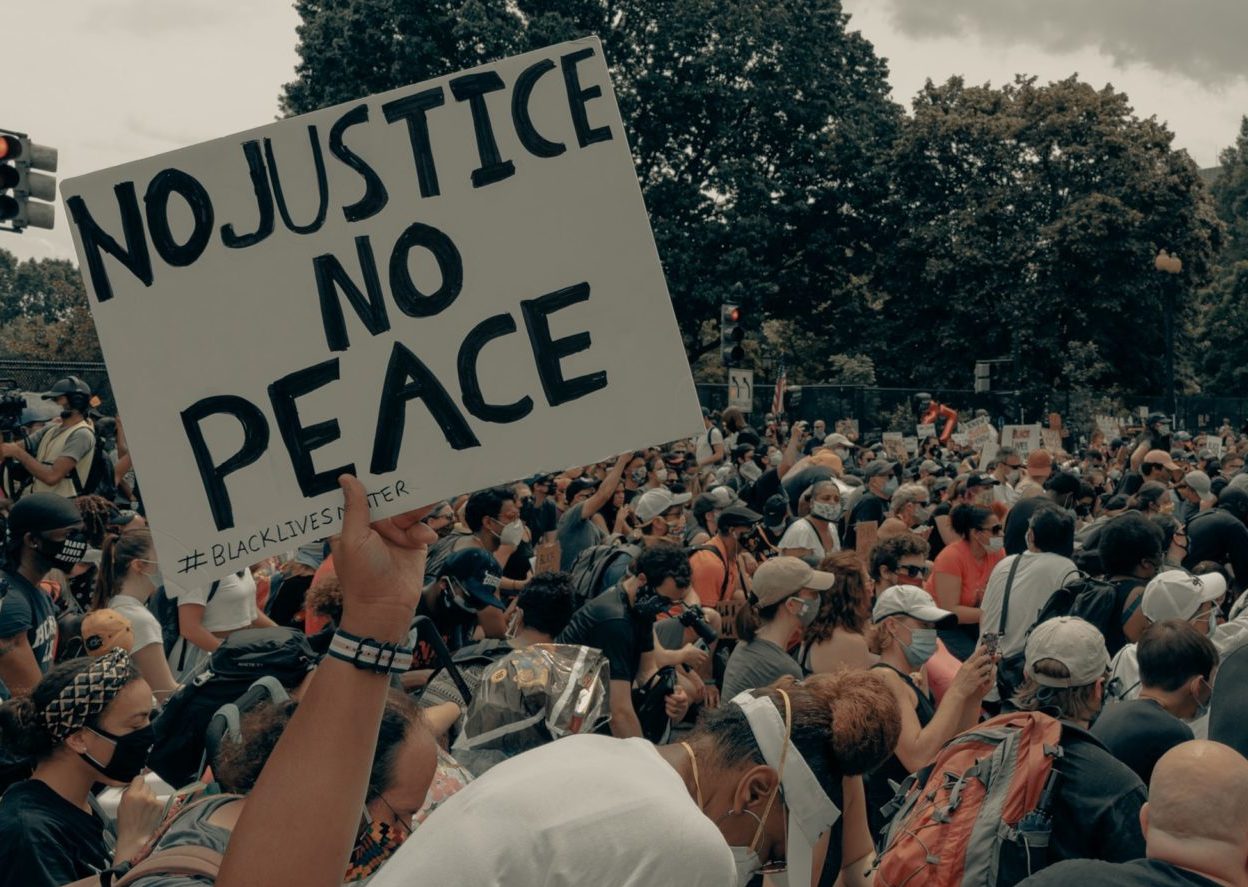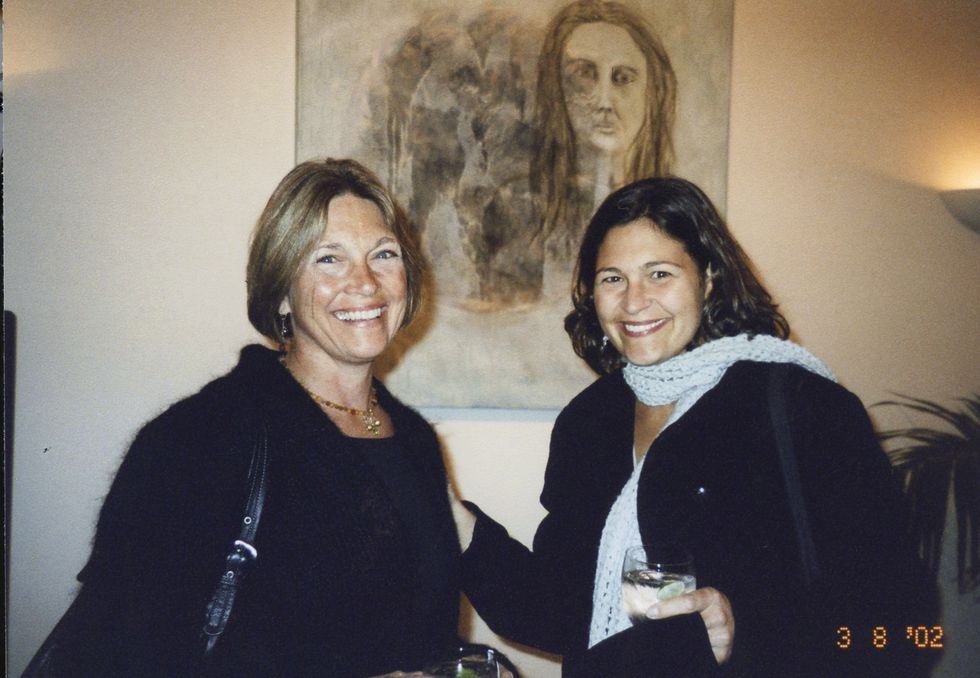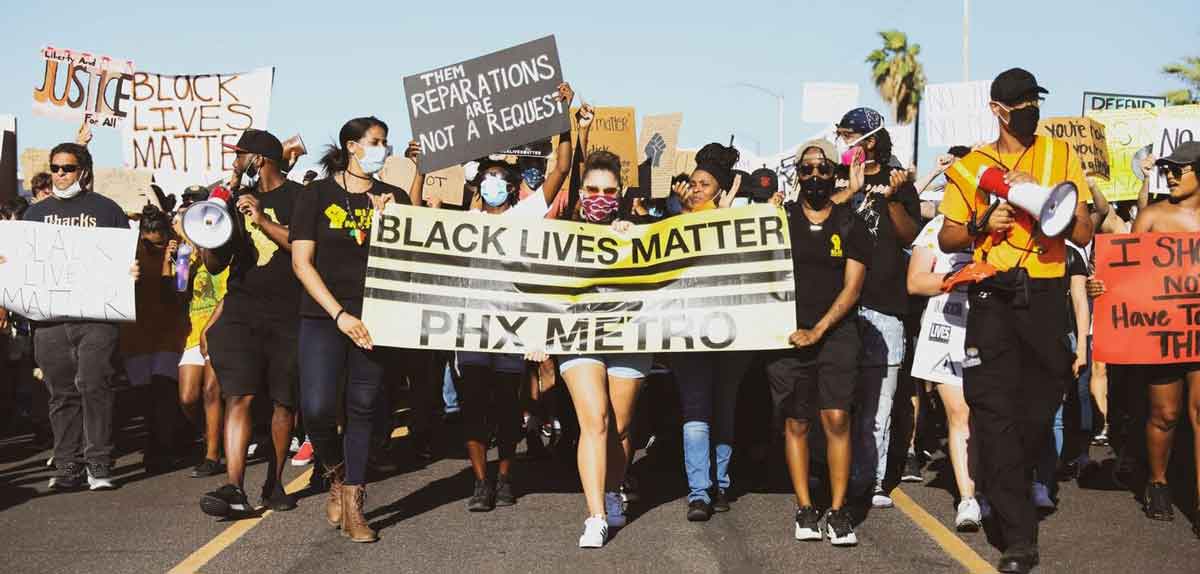Author: Barni Qaasim
Funding Freedom: Philanthropy and the Palestinian Freedom Movement
Our sister organization, Solidaire Action, has published the report, Funding Freedom: Philanthropy and the Palestinian Freedom Movement, a new report written by Rebecca Vilkomerson and funded by Sagner Family Foundation. Funding Freedom outlines the increasingly severe attacks on organizations that support Palestinian rights and offers human rights funders a roadmap for creating the conditions to give sustainably, consistently, and without doing harm.
There is an extraordinary gap between the enormous amount of money raised annually to support continued Israeli apartheid and the amount raised to fight for Palestinian liberation. Funding Freedom exposes the strategies to silence those who stand up for human rights and offers clear recommendations for overcoming them. This report calls for our philanthropic partners to meet the moment and take an ethical stand on the side of human rights organizing.
Funding Freedom analyzes the current and historic conditions that curtail the resourcing of an increasingly visible movement for Palestinian rights. Drawing on four in-depth case studies and dozens of interviews with individual donors, foundation and funder network staff, and leaders of Palestinian organizations, it illustrates the current challenges and opportunities.
The report includes a number of important recommendations for funders who support or want to support Palestinian rights. In addition to providing clear guidance to funders facing external challenges, the report calls on them to do more to reverse harmful dynamics that have plagued philanthropy for decades, such as the marginalizing and silencing of Palestinian voices, dangerous political litmus tests, and harmful investing practices.
To read Funding Freedom: Philanthropy and the Palestinian Freedom Movement go here.
12/06/23 UPDATE:
After the successful launch of the report, the independent project, Funding Freedom, has grown into a hub for advancing the role of philanthropy to take an ethical stand on the side of human rights organizing. Solidaire Action is proud to serve on its Governance Committee.
“It’s Not Just About Moving Money.” How Solidaire Is Challenging Wealth, Power and Privilege
“It’s Not Just About Moving Money.” How Solidaire Is Challenging Wealth, Power and Privilege

“It’s not just about moving money to front-line activists,” said Ingrid Benedict, the chair of Solidaire’s board of directors. “It’s about my own transformation around wealth, power and privilege.” Abigail Disney’s Daphne Foundation, for which Benedict serves as director, is an institutional Solidaire member.
Dawn Wolfe of Inside Philanthropy wrote an article featuring Solidaire Network and Solidaire Action. Wolfe tells the history of our network, shares our collective power to fund movements, and explores how we are pushing the field from philanthropy to wealth redistribution.
In a philanthrosphere that all too frequently sticks to its own status quo, the Solidaire Network seems to be a dynamic, risk-friendly organization willing to take on several things at once: moving money quickly to support urgent needs; providing enduring support to build the capacity of front-line nonprofits fighting for social change, and challenging wealth holders to go well beyond awarding grants or writing checks. Its model also seems to be increasingly attractive. The network’s membership has more than doubled in the past three years, from 122 in 2019 to 311 so far in 2022.
She interviews Solidaire Board members Sam Jacobs, Ingrid Benedict, and Executive Director Vini Bhansali.
Sam Jacobs, a Solidaire board member and one of its younger members, represents the latest wave of shifting attitudes toward inherited wealth. Jacobs, who is under 30, has garnered mainstream media coverage for his efforts to get control of his inherited wealth so he can give it away more quickly. Jacobs, who was in high school when the Occupy protests began, said that Solidaire’s staff of sharp organizers allow people like him to make meaningful contributions to social movements “without giving us the keys to the car,” by letting donors set the agenda for the nonprofits they support.
Anecdotes aren’t data, but Jacobs said that in his experience, he isn’t alone. “We’ve seen an increasing number of people say, ‘Look, I’m receiving an inheritance. I have this unearned wealth. I want to redistribute it; I want it to go to social movements,’” he said.
Younger wealth holders aren’t the only ones rethinking their relationship with money and privilege. Whether they’re individuals or institutions, young or old, Bhansali said that Solidaire’s members share similar attitudes about their wealth and what they should do with it. Solidaire members “see themselves as a participant in a social project that is trying to fundamentally end economic injustice.”
Read the full article, “It’s Not Just About Moving Money.” How Solidaire Is Challenging Wealth, Power and Privilege, here.
Ravi Khanna, ¡Presente!
With profound sorrow and love, the Solidaire team is sharing that the giant that is now our movement ancestor, Ravi Khanna, has passed on. We are taking the week to mourn collectively. We will continue to uplift his work and contribution to the movement.
Ravi Prasad Khanna, age 69, passed away peacefully, surrounded by his children and loved ones, after valiantly fighting squamous cell carcinoma. He was born in 1953, in Lucknow, India and moved to the United States in the late 1970s. He is survived by his wife Shirley, five beloved children – Anjali, Asha, Shyam, Quinn and Priya, and five grandchildren.
Throughout Ravi’s incredible life of service, he worked to uplift the voices of people most marginalized by those in power. His work included nurturing progressive philanthropy; organizing policy and advocacy campaigns; hosting a news and opinion website focused on amplifying the voices of activists from the Global South; and producing documentaries on the so-called “war on drugs”, stopping child labor, and disrupting corporate globalization. He also provided training for immigrant-led organizations; raised funds to support frontline organizing; and served as a philanthropic advisor.
In an illustrious career spanning five decades, Ravi worked with many social justice organizations including Solidaire Network and Solidaire Action, Centro Nacional de Comunicacion Social (D.F., Mexico), Grassroots International, Haymarket People’s Fund, Movimiento Ciudadano por la Democracia (D.F., Mexico), Oxfam America, Peace Development Fund, Resist, Seventh Generation Fund for Indigenous Peoples, and Women’s Rights International. When not building grassroots power, Ravi could be found cooking, sampling new cuisines, planning travel adventures and enjoying quality time with his children and grandchildren.
Ravi was committed to operationalizing his core values of love, solidarity and interdependence as Solidaire’s Director of Finance and Operations, since 2018. He led the path to Solidaire Network becoming an independent 501 c3 organization, led our first audit and put into place justice-centered policies and practices that continue to grow a strong culture of care. Most recently, in his role as our Elder-in-Residence, he began to engage in research, documentation and conversations with movement elders to reflect on their life’s work and share key movement building lessons for intergenerational dialogue. He wanted us to honor and celebrate the many movement elders in the United States and from the Global South on whose shoulders we stand. We now consider Ravi one of our movement ancestors, guiding us in the next phase of our work for collective liberation.
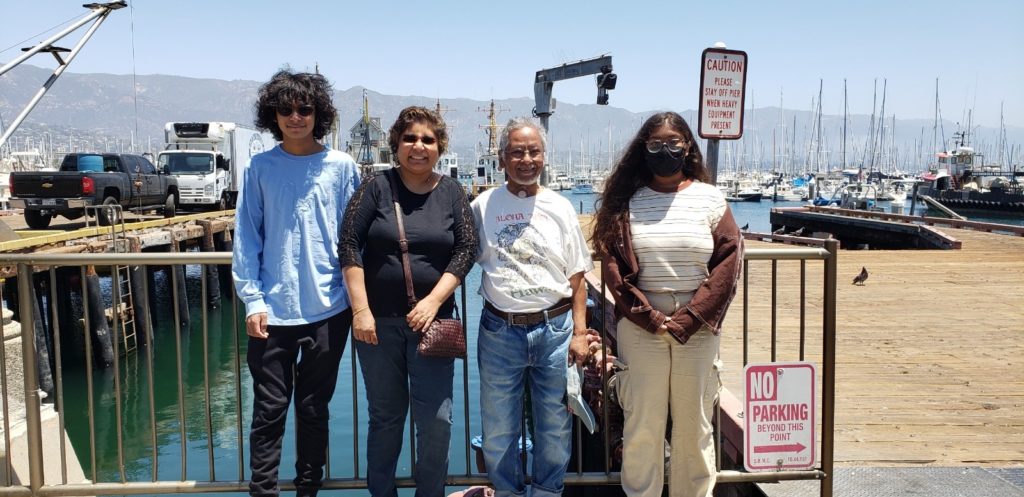
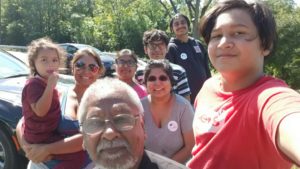
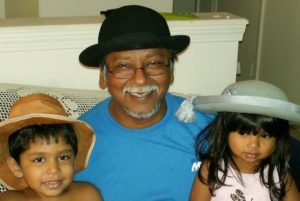
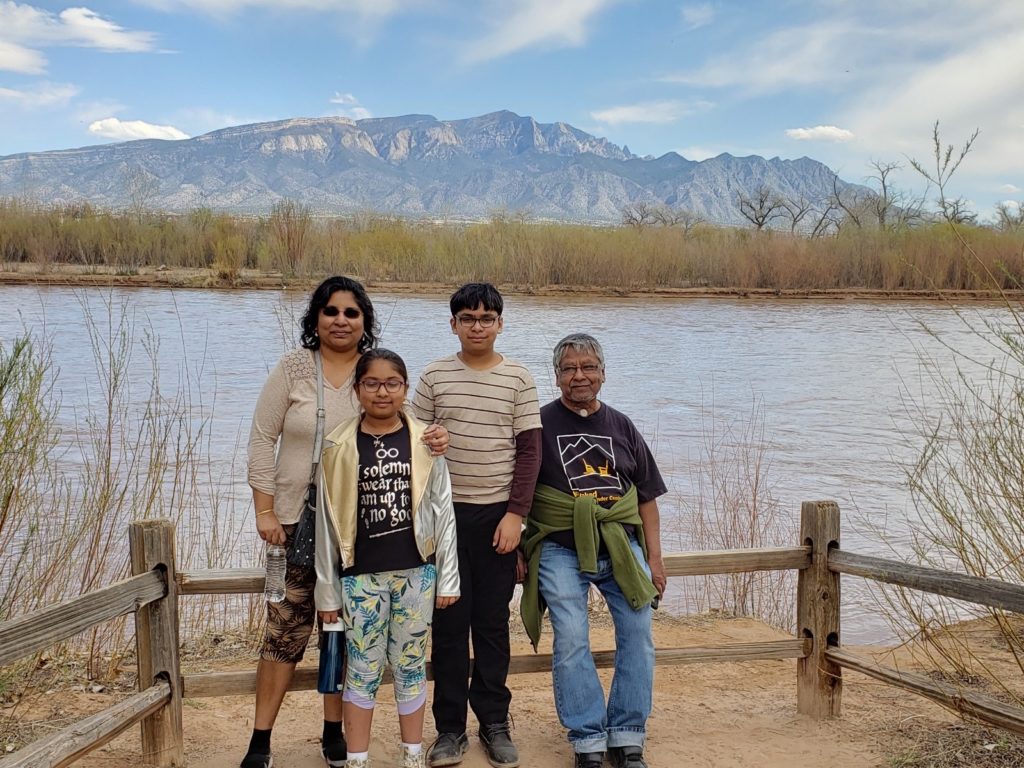
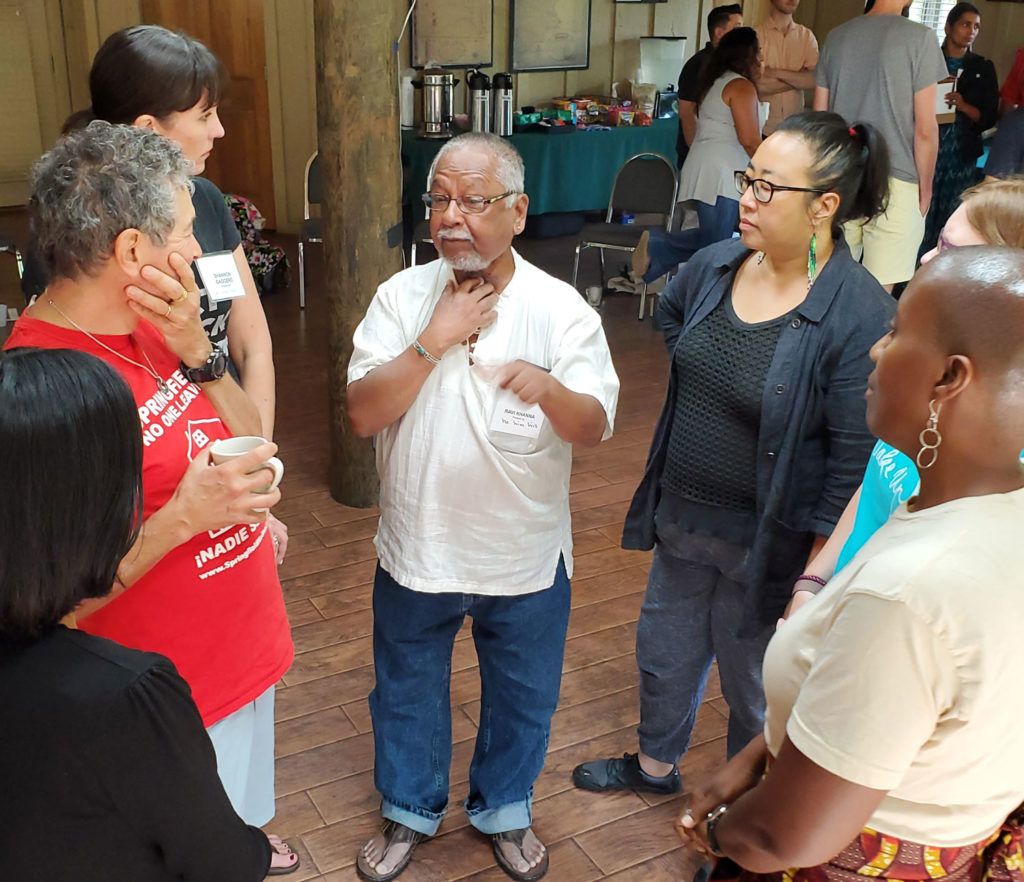
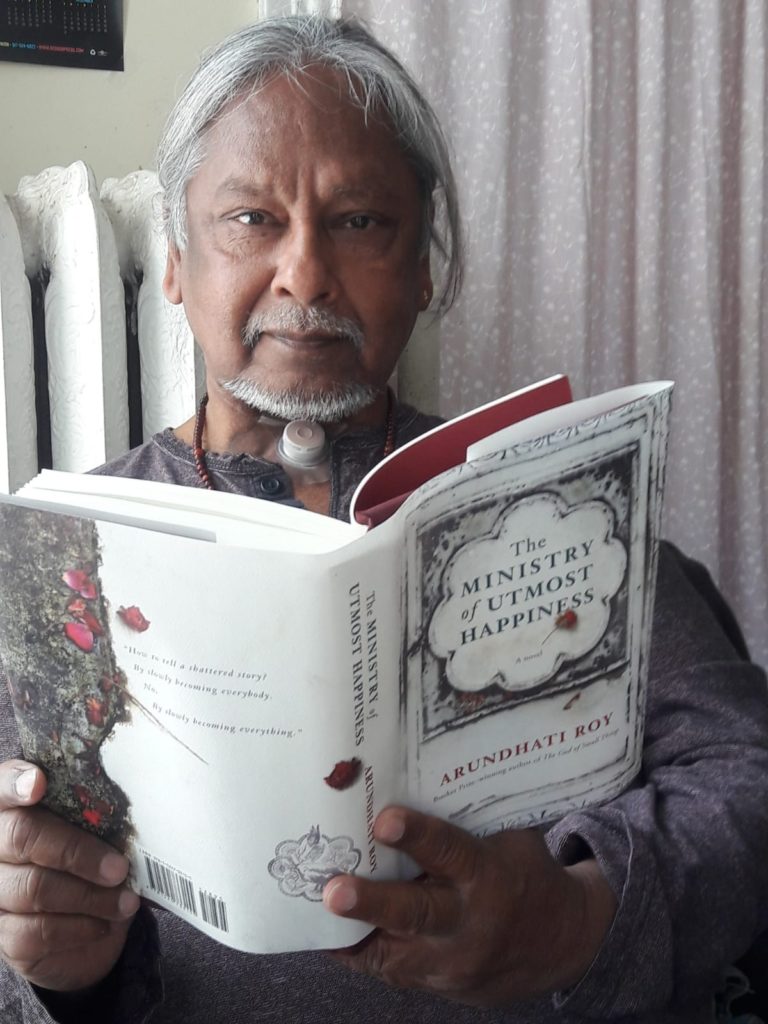
Learning and Reflections: Evaluating our Theory of Liberation
Learning and Reflections Report: Evaluating our Theory of Liberation
We engaged independent professional evaluators to assess Solidaire’s progress in implementing our Theory of Liberation, a ten-year vision. They produced a Learning and Reflections report that offers a critical look at our progress and gives us valuable insights into potential paths ahead of us. View the interactive, digital Learning and Reflections report here.
The Solidaire Network Learning and Reflection process has been a true blessing to our organization. We set out to evaluate our progress against our 2019-2022 theory of liberation and we have accomplished that and so much more. Thank you to everyone who has supported this important process.
 Through the insights of this report, we understand ourselves as bold and successful. We also understand ourselves as committed to learning, building, and fulfilling more and more of our freedom dreams. We take our role seriously, as critical protagonists in the racial, gender, and climate justice struggles of our times. We are committed to enhancing our strengths and addressing our growing edges.
Through the insights of this report, we understand ourselves as bold and successful. We also understand ourselves as committed to learning, building, and fulfilling more and more of our freedom dreams. We take our role seriously, as critical protagonists in the racial, gender, and climate justice struggles of our times. We are committed to enhancing our strengths and addressing our growing edges.
We will not waver in this orientation until long-term progressive power in the United States is a reality. We are consistent, responsive and trustworthy. We are a trusted and powerful partner to movement organizations. We will continue to respond to these extraordinary times with extraordinary vision and rigor.
As we develop a refreshed strategic direction, we know that our work has only just gotten started. Thank you to our evaluative consultants, movement partners, members, board, and staff. You are each an indispensable part of this journey and propelling us forward.
Our Commitment to Reproductive Justice
Our Commitment to Reproductive Justice
Today the Supreme Court overruled Roe v. Wade and we are overwhelmed with feelings of anger, frustration, and determination to fight. Thirteen states have trigger laws making abortion immediately illegal and we know there are more to come. We are inspired by the immediate wave of organizing against these laws and for systems to help birthing people access safe, affordable abortion. The resistance we have seen is only possible by long-term investment into the ecosystem of organizations leading this work. Reproductive justice is intersectional work. It is essential for Black liberation, economic justice, trans liberation, and so many of the movements that Solidaire members are devoted to.
There is hardly any more fundamental human right than the ability to control what happens to our bodies. This is why we say: reproductive justice is central to Black liberation. —Paris Hatcher, Black Feminist Future
We are steadfast in our commitment to abortion access and body autonomy. We know that reproductive justice is essential for our collective liberation and that it requires both full abortion access and gender-affirming health services. Denying these rights disproportionately impacts Black, Indigenous, immigrant, and working-class birthing people. Now more than ever we need to uplift the work of our movement partners leading in this field.
Groundswell Fund is a fund dedicated to intersectional grassroots organizing for reproductive justice that we contribute to through our Social Justice Fund portfolio. Please sign the pledge from our coalition of philanthropists committed to reproductive justice and learn about the powerful organizations we are able to support through our partnership with Groundswell. Our movement partner Feminist Women’s Health Center provides safe, affordable abortion in Georgia. Also in our Black Liberation Pooled Fund are SisterSong, the largest national multi-ethnic Reproductive Justice collective, SPARK Reproductive Justice NOW fighting for reproductive justice across the South, and Sister Reach reproductive advocates in Tennessee.
Our current movement partners fighting for reproductive justice and body autonomy include:
- Black Women’s Blueprint
- Feminist Women’s Health Center
- Official Black Lives Matter Memphis Chapter
- SisterReach
- SisterSong
- SpiritHouse NC
- SPARK Reproductive Justice NOW
- Hmong American Women’s Association
- Monsoon Asian and Pacific Islanders in Solidarity
- Native Women’s Society of the Great Plains
- Groundswell Fund
- Third Wave Fund
Our movement partner Black Feminist Future launched their Abortion is Freedom campaign to mobilize Black-led actions across the country. We want to highlight our movement partner the Movement for Black Lives recommendations for how to support local abortion funds and abortion access hotlines.
Our members have been educating themselves about the urgency of this movement using tools like our Reproductive Justice Reader and Black Feminist Future’s Abortion is Freedom Action Toolkit
We will continue to flank reproductive justice and trans liberation and prioritize the work of those most impacted. As Paris Hatcher from Black Feminist Future wrote in her timely op-ed today, “There is hardly any more fundamental human right than the ability to control what happens to our bodies. This is why we say: reproductive justice is central to Black liberation.”
Abortion Access Is Indigenous Sovereignty
Defund the Police for Funders
Solidaire members and staff in the Decarceration Working Group co-created Defund the Police for Funders. This document is a tool for philanthropy to understand better the demand to defund the police and to support work in that regard.
“We want to work towards a future for Black people and all impacted communities where they can move freely through the world without being harassed, intimidated, or harmed by police.”
In the wake of the George Floyd Uprisings, the controversial rally cry of #DefundThePolice entered the mainstream discourse. The mainstreaming of this demand was an exciting leap forward for organizers working against mass incarceration and police terror for decades. This demand and work mark important shifts from reacting to the losses of an ever-increasing carceral state to proactively demanding another approach to true public safety. For the first time, there is a national conversation about taking taxpayer dollars away from criminalizing our people and toward social services that address the root cause of crime.
For many who consider themselves allies of the movement for racial equality, defunding the police seems to be a foolhardy demand. Our primer addresses the trepidation many feel by outlining the history, strategy, and urgency of the demand to defund the police. It provides tips and resources for having conversations about police budgets. Our primer offers examples of community alternatives to policing and the common mistakes funders make in this space. At a time when philanthropy needs to double down on long-term support of movements working toward racial justice, we hope this primer helps you and your organizing of philanthropy.
We will host meaningful conversations about these issues in our Beloved Fridays space over the coming weeks. We hope that you will find this tool useful for organizing more individuals and institutions toward resourcing a world where everyone can live without fear of police violence. Feel free to share Defund the Police for Funders widely and contact us for support in your decarceration organizing efforts.
Read Defund the Police for Funders here.
Trends in 2021 Grantmaking: An Update from Solidaire
Trends in 2021 Grantmaking: An Update from Solidaire
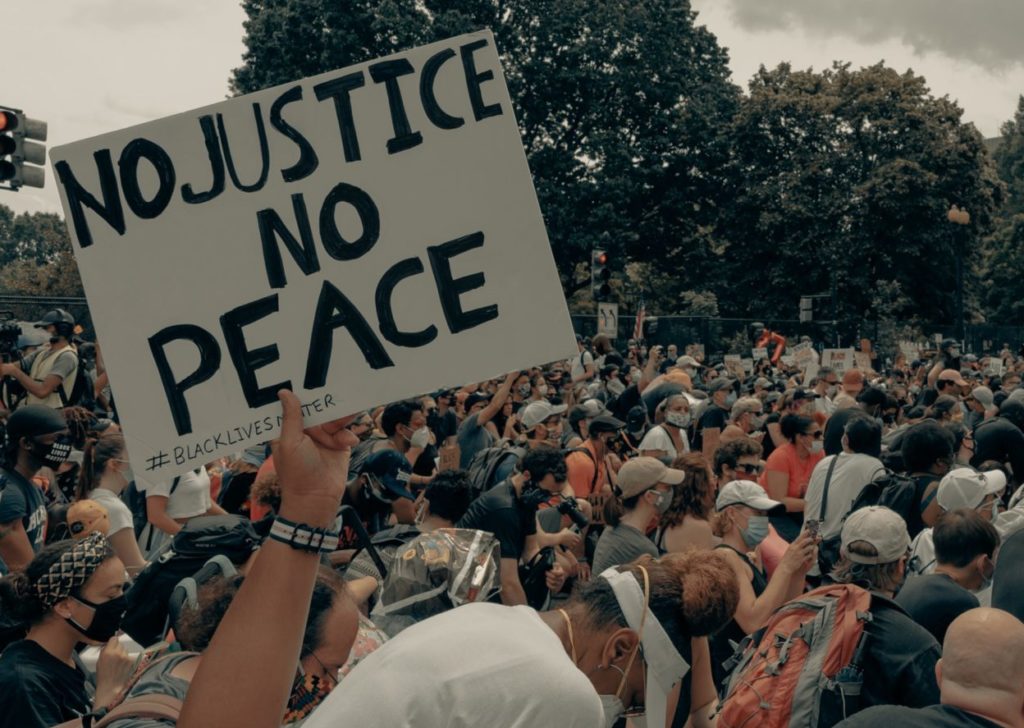
In Fiscal Year 2021 (July 2020 – June 2021), we continued our movement philanthropy by moving $14 million to social movements. We were able to do this by taking lessons from our first seven years, best practices from the field, and innovative ideas to help build a new process to support learning from our relaunched programmatic areas via the Black Liberation Pooled Fund, Movement Infrastructure Fund and limited-time Janisha R. Gabriel Movement Protection Fund.
Some important trends to highlight:
- Continuing commitment to funding the south: Solidaire’s commitment to funding the South means we understand the need to fund historically under-resourced geographies. We fund at an ecosystem level to demonstrate how funding must support community-driven efforts. Communities are creative, responsive and deep in their power-building approaches. Our funding supported several anchor organizations of the Southern Power Fund, a key movement-led formation that organized to move millions to the south in the past two years.
- Undergirding national and local movement infrastructure: Solidaire’s grantmaking bolsters local and national movement infrastructure. Solidaire’s grantmaking bolsters local, regional and national movement infrastructure. We define movement infrastructure as aligned resource providers, networks and alliances, political homes, and self-determined movement entities that strengthen grassroots organizing in the long term.
- Expanding investment in land-based organizing and infrastructure: Land Justice is the largest area we fund via grantmaking to groups protecting farmland, organizing tenants, fighting for climate justice with frontline communities, cultivating safe land spaces for targeted communities, and nurturing and growing land cooperatives.
- Moving grants at larger sizes: We gave larger grants to fewer groups to ensure that the grants can help respond to the threats movements are facing, meet their needs, and help them emerge from current crises stronger. $25K (previous average) ^ $67K (2021 average)
- Supporting Black and Indigenous leaders: Virtually all of the organizations we fund are led by Black, Brown, and Indigenous people with intersecting identities working to advance a vision for multiracial, pluralistic democracy of the future. This has long been a mandate of Solidaire’s and continues to be.
- Centering healing and protection in a multiplicity of ways: All our pooled fund vehicles work to advance organizational strengthening, healing justice, safety, and protection of community organizers.
“If you were engaging in Black liberation because it was a hot item, don’t stop now. That creates more harm. We need long-term support and investment in our communities because there have been 400 years of oppression and disinvestment.” – Black Liberation Pool Fund Grantee Partner
We’re proud to report that in FY2021, we have moved $14 million through 157 multi-year partnerships, in addition to 86 one-time grants through the Movement Protection Fund.

Here’s what we’re focused on in FY2023 (July 2022 – June 2023):
- Expand grantmaking at an ecosystem level
- Move and organize more money to meet movements’ stated and evolving needs
- Keep innovating in our grantmaking via our liberatory learning and evaluation process
- Organize philanthropy, then keep organizing to move more money, more justly
- Develop a set of accompaniment & capacity building efforts for current grantee partners
- Launch the Social Justice Funds Portfolio with 9 additional multi-year grantee partners
“The whole experience was a learning experience because we were presented with an opportunity we never considered before. Helped recognize all the ways we were vulnerable—in digital, event and physical security. We just accepted it in the past as part of the work.” – Movement Infrastructure Fund Grantee Partner
The New Rules of Old Money
The New Rules of Old Money

Nancy Jo Sales for Harper’s Bazaar wrote a feature article about the new face of philanthropy by connecting with Solidaire’s mother and daughter duos Amelie Ratliff and her daughter Casey Llewellyn and Susan Pritzker and her daughter Regan Pritzker. The article shows how their families giving has changed over the decades and their personal journeys:
“My mother is very much the reason I’m in this work,” says Llewellyn, referring to her own philanthropy. “She gave me access to my [inheritance] when I was 18 and recommended I reach out to Resource Generation”—a nonprofit organization founded in 1997 under the name Comfort Zone (it changed its name in 2000), which encourages people ages 18 to 35 to donate a large portion of their wealth to progressive causes. Since then, Llewellyn, who now lives in New York, says she has given away all but roughly 10 percent of her wealth to a variety of organizations dedicated to social justice and climate collapse. “I don’t think I’m a rich person anymore, and it feels much better. I think it’s very hard to have money in an ethical way.”
“Casey and I are allies in our work,” Ratliff says. “She pushes me. I’ve gone past where my parents were”—in terms of how much she gives away—“and she’s gone beyond where her mother is. Every wealthy person has to ask, How much is enough? How much do I really need, and how much do I want to make available more broadly?”
Solidaire members are candid about their evolution and where they think the philanthropic sector needs to grow:
“The influence Susan had on Regan as a philanthropist now came full circle when Regan introduced her mother to Solidaire. “I immediately felt this sense of ‘This is what I’ve been looking for,’” says Susan.
Solidaire’s emphasis on promoting the agency of “the people who are on the front lines doing the work of organizing” was important to Regan from the beginning. She says that after joining the group, she became more educated on how she could help shift the paradigm of giving.
“It’s been essential for me to be in relationships with people who are willing to speak more honestly to me about my wealth,” she says, “who say things to me like, ‘I’m not trying to give you a hard time, but we’re not going to let you off the hook either, and you need to step up. Don’t just write a check and go away. Get into the work with us, jump in and help us, and don’t let it come from your ego; let it come from your commitment to this vision of a transformed society where all people have enough and we can live in a right relationship with the planet.’”
The article includes Resource Generation, Kataly Foundation, and Solidaire Network:
“Solidaire is a network of donors who are committed to racial justice, to averting the climate crisis, and to making sure that we’re building a future that’s democratic, multiracial, feminist, and pluralistic,” says Rajasvini Bhansali, 46, the group’s executive director since 2018. “By becoming a Solidaire member, people consent to being in a collective project that liberates wealth and funds social movements, grassroots organizing, and what it will take to build a progressive force in the United States that’s lasting and not dependent on electoral cycles.”
Read the full article—The New Rules of Old Money —by clicking here.
Today’s racial justice movements need protection — and funders must respond
Today’s racial justice movements need protection — and funders must respond
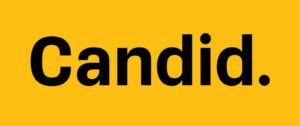

Jesenia A. Santana, senior resource strategist at Solidaire, wrote an opinion piece for Candid to discuss how Solidaire supports racial justice movement leaders who are facing heightened levels of risk, trauma, and violence.
Solidaire listened to the calls of movement leaders who are experiencing vigilante and state violence and created a new funding vehicle to keep them safe.
Santana discusses the retaliation and mass arrests organizers in the Phoenix Metro area faced after Black Lives Matter protests:
“Like so many others across the country, members of Black Lives Matter Phoenix Metro have organized and participated in numerous protests and public calls for racial justice in the past year. Their activism has kept a powerful spotlight on the harms and trauma caused by white supremacy and the need for healing and liberation for Black communities and other oppressed people. But that work has come at a great cost to the safety and security of people and organizations on the front lines.
Activists in Phoenix and elsewhere have experienced extensive harassment and serious threats to their safety from white nationalists, vigilantes, and police. During a May protest marking one year since the police killing of George Floyd, 124 people were arrested by Phoenix police without cause, with some undocumented participants chained at the wrist, waist, and ankles and turned over to federal immigration authorities for detention and possible deportation.”
Santana calls on philanthropy to be responsive to the changing landscape of digital and physical threats that grassroots organizers are facing:
“These are investments that do not fit into traditional funding models from philanthropy and government. And yet what could be more important to the success and sustainability of organizations and movements fighting for our collective liberation than the security and protection of their people?
The need for safety is immense. The people and groups on the front lines in the fight for our collective liberation are under threat. As funders committed to racial justice and movement building, let’s ask our nonprofit and movement partners what they need — and let’s commit together to support their efforts to keep themselves safe.”
Read the full article here.
